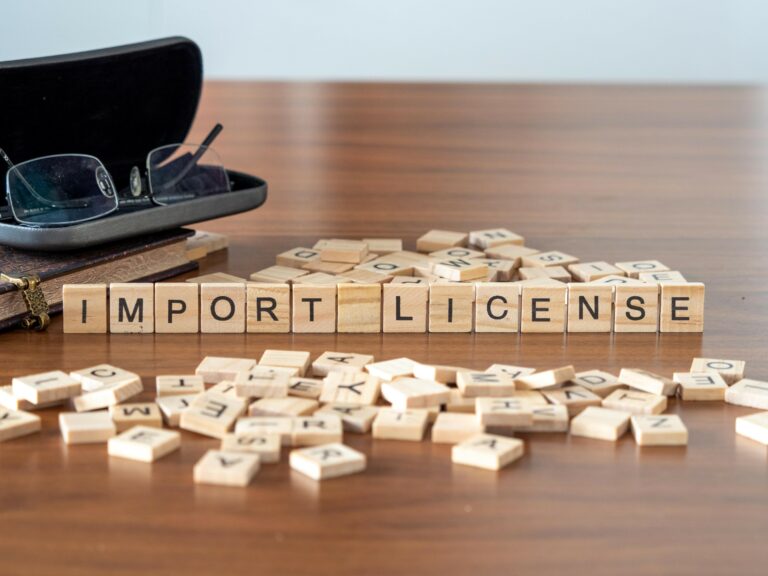If you import food to Canada and don’t have a valid SFC import license, your import will be automatically rejected! On February 12, the CFIA activated the automatic verification of SFC food import licenses, issuing a Food import notice to inform importers of manufactured foods that the transactions will be automatically rejected unless a valid SFC licence is declared.
With the notification, CFIA provided the following breakdown of import transactions that would have been rejected in the last four months of 2023 had the automatic rejection been in place at that time, the reason for the rejection, and the correction needed (color coded).
Projected percent of automatic rejections if MFS import licence automatic verification was in effect:
| Errors | Sept 2023 | Oct 2023 | Nov 2023 | Dec 2023 | Correction |
| Licence number not found (typo, other character entered (e.g. Y, N) | 53.3% | 57.1% | 53.3% | 45.4% | May involve importer and broker |
| Inactive licence | 16.6% | 15.1% | 16.6% | 22.2% | Can be made by importer |
| Licence does not cover the commodity being imported | 7.9% | 13.1% | 14.6% | 15.2% | Can be made by importer |
| Registration Number field left blank | 7.6% | 7.6% | 7.6% | 10.0% | May involve importer and broker |
| Licence does not cover the activity importing food | 14.6% | 7.1% | 7.9% | 7.3% | Is often associated with non-resident importer |
(Further detail on causes and corrections is available at CFIA.)
To assist importers, the CFIA has also updated its guidance on Importing food with a valid Safe Food for Canadians licence, which includes steps you can take to ensure your SFC licence is valid to prevent shipment delay at the border. Some key factors include:
- To import most foods into Canada, the SFCR requires that you hold a licence issued by CFIA that is valid and correctly declared in your import declaration. Or your transaction will be rejected (as shown in the above table).
- The CFIA does not prioritize licence applications or amendments that are requested in response to licensing errors, nor does it manually issue SFC licences at the border. So, it is essential to ensure your declaration is error free before it is submitted.
- If your transaction is rejected, you or your broker will receive a reject message detailing the reason(s) for the rejection. Your food shipment will be denied entry until you correct the error(s) and re-submit your import declaration.
- Importers are required to renew their SFC license every two years. CFIA will send an email reminder to the listed importer profile authority 60, 30, and 15 days prior to licence expiry. Licences can be renewed up to 120 days before expiry.
- To meet SFCA requirements, food can only be brought into Canada by a person who has an SFC licence issued for “Importing Food” and for the commodities and sub-commodities they are importing. Confirm this through your My CFIA account Issued Permissions tab.
- It is advisable to submit your import declaration as far in advance as possible. You can submit your electronic declaration up to 90 days before your shipment arrives at the border.
- Foreign suppliers that do not have a fixed place of business in Canada and qualify as non-resident importers can apply for an SFC licence for importing food. If you qualify as a non-resident importer but you also have a fixed place of business in Canada, you must apply for your licence as an importer located in Canada.
- If you don’t have an SFC licence, visit My CFIA for an application. More information is available on the CFIA Food licences and Food imports webpages.
Need assistance with your Canadian imports or licence validation? The TAG Canada team has extensive regulatory and import experience and expertise to help. Give us a call!





